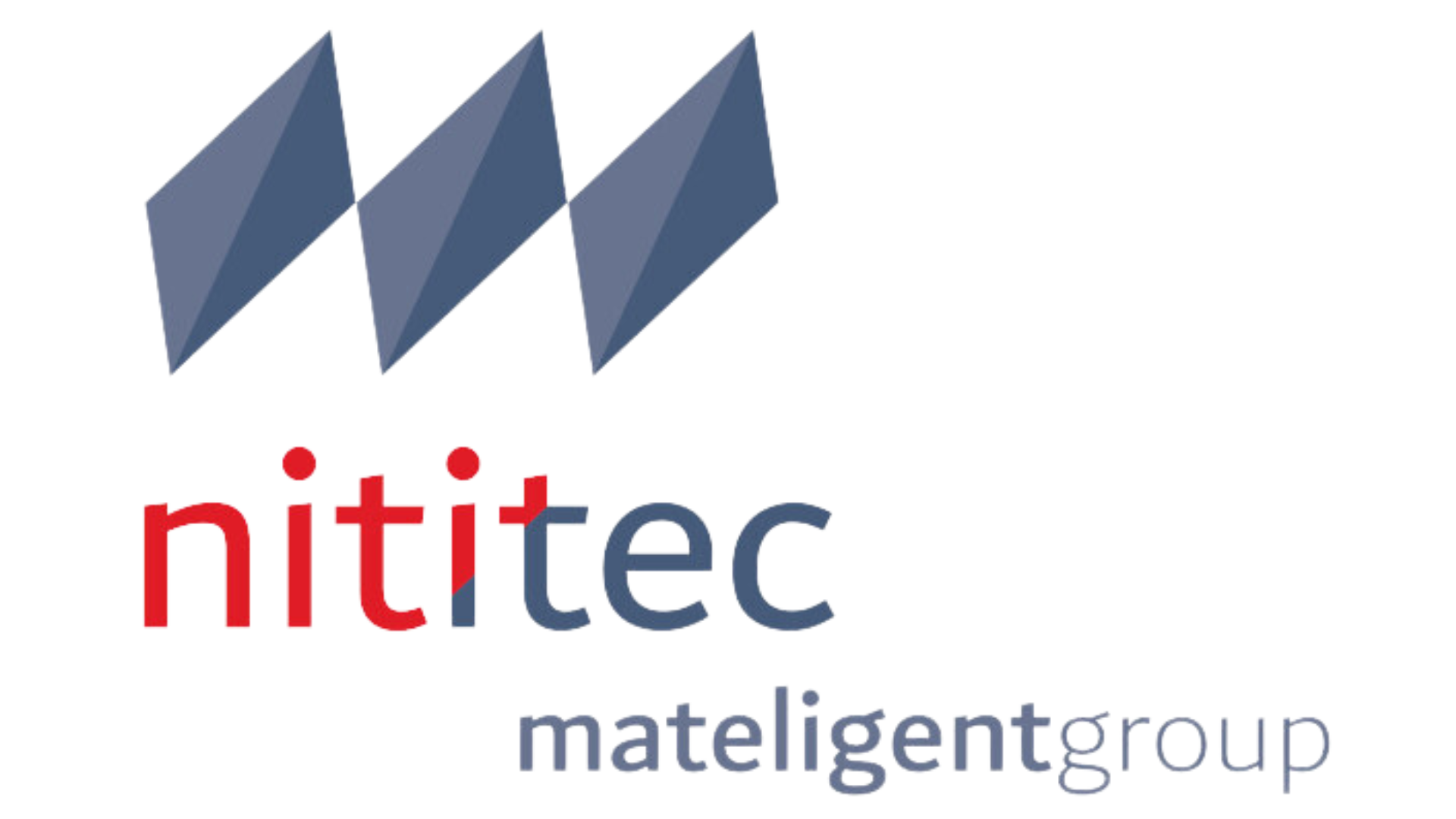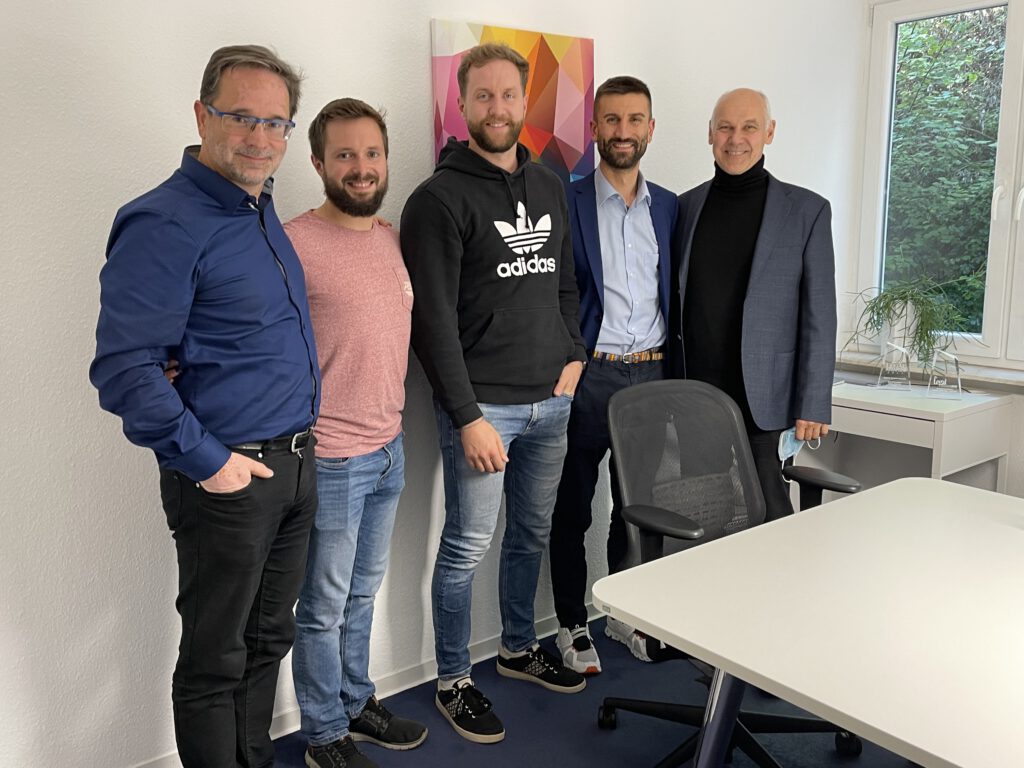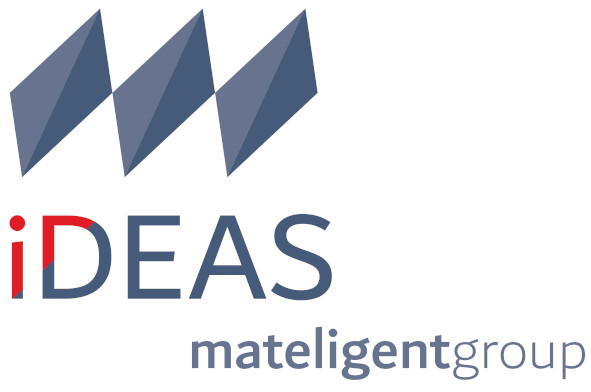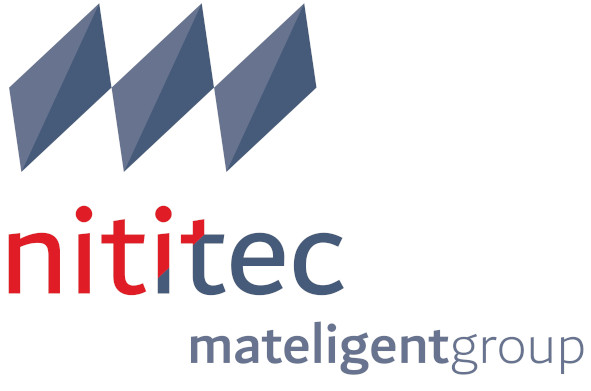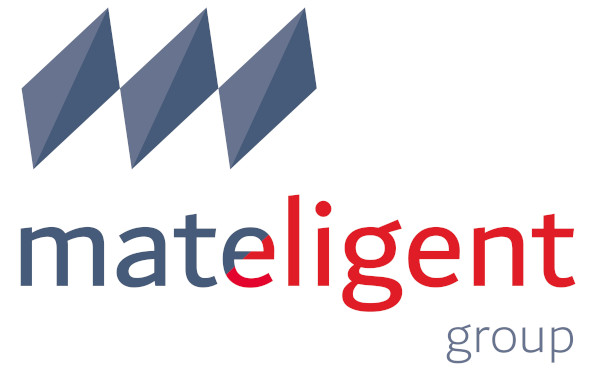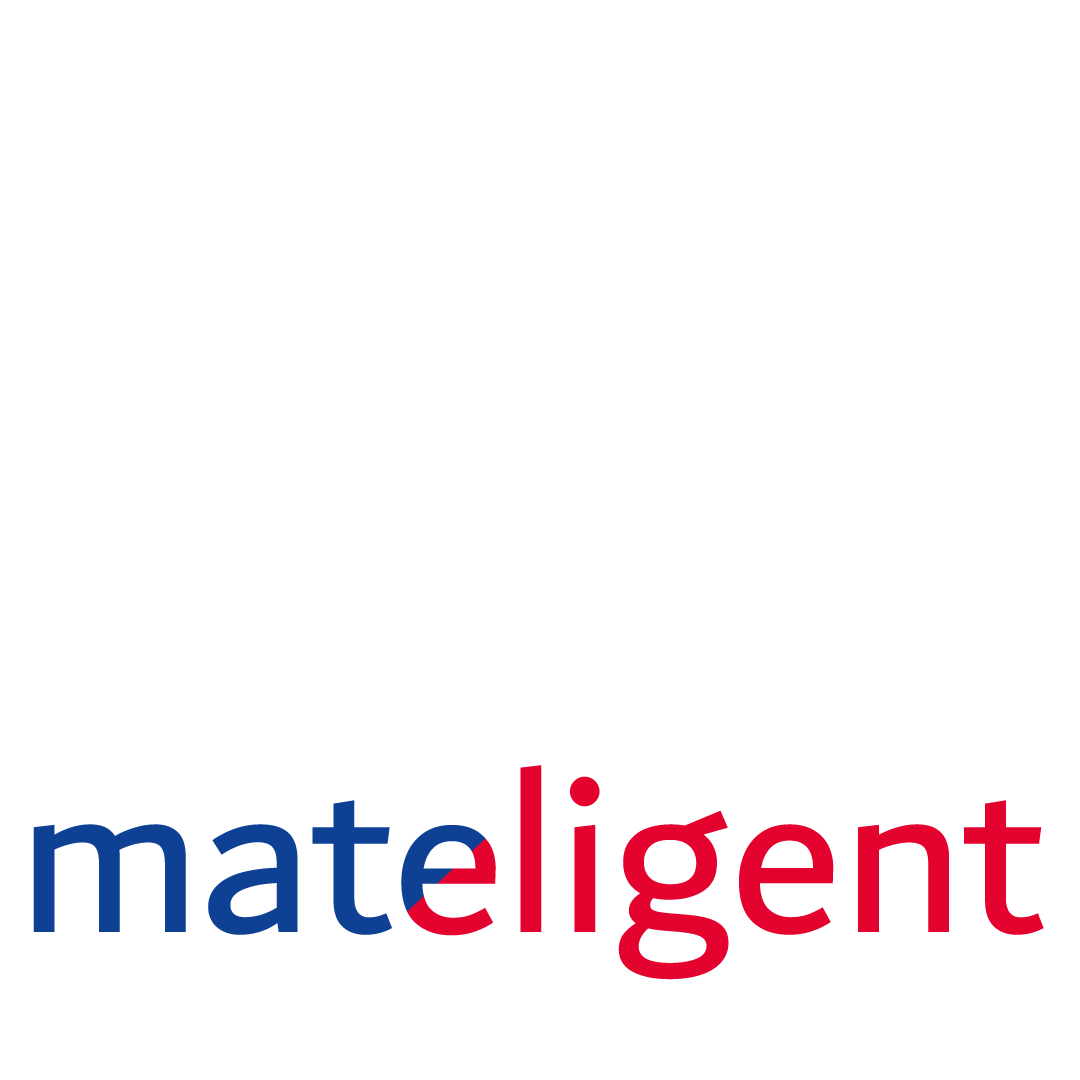
Saarland-based company becomes global market leader for EAP technology
With the purchase of over 100 patents and production from the USA, Saarbrücken-based mateligent GmbH is now the global market leader for electroactive polymers. This is a great opportunity for the region: in addition to further development of the promising technology, the aim is also to create new jobs.
Saarbrücken, June 6, 2023
Intelligent textiles that automatically measure vital parameters or provide feedback through vibration are strongly on the rise and find application in a wide range of fields from competitive sports to workwear, medicine to gaming. The special feature: The electronics in the textiles are not visible from the outside and the sensors are woven into the textiles. These are so-called electroactive polymers, polymers that change their shape when an electrical voltage is applied or act as highly flexible, stretchable sensors without any current at all through external deformation. Intelligent textiles are just one of the many areas of application for this innovative technology. And it is precisely with this technology that the world will be supplied from Saarbrücken in the future. Because with the acquisition of over 200 patents and the entire associated production, the Saarbrücken-based company mateligent GmbH and its manufacturing subsidiary mateligent iDEAS GmbH will become the global market leader.
“A unique opportunity was offered to us and we grabbed it. Without our roots at Saarland University and the years of preliminary work and networking of Prof. Stefan Seelecke, this success would not have been possible “, says managing partner Jens Preetz happily. “Once again it becomes clear: Saarland does not have to hide and plays in the world’s top.”
The EAP technology or in particular the so-called dielectric elastomers are a technology platform that opens up innovation in numerous application areas and different markets: Installation space, weight and energy consumption are enormously low. This is because in an EAP system, the energy is stored in the electrodes and power is only needed when a change of state is required – unlike conventional systems, which often require permanent power supply. This makes EAP systems extremely energy-efficient – and the sensors or drives are only tenths of a millimeter thick.
Initially, the acquired production of EAP sensors will remain in a new subsidiary in the USA. Parallel to this, planning is already beginning for a production facility for the mass production of EAP actuators and sensors in Saarland. “In the long term, we plan to locate a complete production facility in Saarland,” explains Prof. Paul Motzki, co-founder and shareholder of mateligent GmbH. “This will allow us to actively support structural change and create numerous new jobs.”
Minister of Economic Affairs Jürgen Barke is pleased: “This settlement would be an important success for the Saarland and also a great gain for the transformation process. Especially since these patents meet an excellent breeding ground with the basic materials research at Saarland University and the application-oriented research in the field of smart materials systems at ZeMA. Thus, a hotspot in the field of electroactive polymers can emerge in Saarland – in this respect, a fruitful further development can be expected here, which I am happy to accompany.”
University President Manfred Schmitt adds: “Thanks to the excellent research activities of the university’s engineers in the field of systems engineering, it has been possible, using the example of electroactive polymers, to bring an innovative cutting-edge technology from basic research to application once again.” He further emphasizes: “Through the current spin-offs, there is now hope that new jobs will also be created in the Saarland in the future in this innovative field of technology. This is a living technology transfer from the university to the regional economy, with which the university once again makes an important contribution to the success of structural change in the Saarland. In addition, the current successes in DeepTech start-ups once again underpin the special future opportunities of our federal state.”


Über mateligent GmbH
Die mateligent GmbH wurde 2021 in Saarbrücken von Jens Preetz, Prof. Dr.-Ing. Paul Motzkiund Prof. Dr.-Ing. Stefan Seelecke gegründet und ist aus der Forschung des Lehrstuhls für intelligente Materialsysteme (iMSL) an der Universität des Saarlandes sowie des Bereichs Smarte Materialsysteme am ZeMA – Zentrum für Mechatronik und Automatisierungstechnik gGmbH erwachsen.
Seit 2022 existieren die beiden Tochterunternehmen mateligent nititec GmbH und mateligent iDEAS GmbH um die drei weiteren Gesellschafter Yannik Goergen, Andreas Meyer und Julian Neu.
iDEAS steht für intelligente Dielektrische Elastomer Aktoren und Sensoren. – die mateligent iDEAS GmbH.
Was ist die EAP-Technologie?
ElektroAktivePolymere (EAP)
ist der Hauptbegriff aller Polymere, die elektrisch aktiviert werden können.
Die verbreiteste Form sind die “dielektrischen Elastomere” kurz DEs.
Das Prinzip der DE-Aktoren
oder DE-Sensoren:
Eine hauchdünne, extrem elastische
Silikonfolie von nur 50 Mikrometer Dicke wird auf beiden Seiten mit Elektroden aus
leitfähiger, dehnbarer Tinte bedruckt. Es entsteht ein Kondensator. Zieht oder
drückt man auf diesen elastischen Kondensator, verändert sich durch die
Verformung die Kapazität. Mit der Messung dieser Kapazitätsveränderung entsteht
ein hochpräziser Druck- oder Weg-Sensor.
Und wie wird daraus ein Aktor?
Legt man an die Elektroden des Folienkondensators eine Spannung an, wollen sich
die Elektroden gegenseitig anziehen. Das
Silikon dazwischen ist aber inkompressibel, also verformt sich die Folie. Diese
Verformung kann über spezielle mechanische Bauteile in große Bewegungen umgewandelt
werden. Es entstehen hochdynamische Membranen, die man als Pumpe oder
Lautsprecher verwenden kann, oder es entstehen Linearsysteme aus denen Hubaktoren
für Ventile, Vibrationsförderer und vieles mehr entstehen können. Da es sich bei
der Herstellung um ein flexibles Druckverfahren handelt, sind die Formen quasi
beliebig.
Weiterhin kann ein Aktor auch gleichzeitig
als Sensor fungieren, damit gehören DEs zu den sogenannten “intelligenten
Materialien”.
